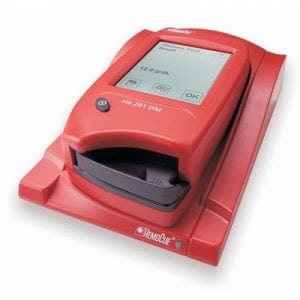
Agriculture
February 15, 2024
HemoCue Hb 201 Data Management System
Read SolutionImplemented by
HemoCue
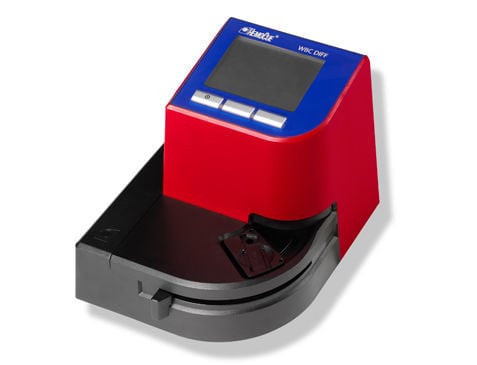
Updated on February 15, 2024
·Created on July 9, 2016
The HemoCue WBC DIFF System measures white blood cell in order to rapidly provide information about the state of the immune system to medical professionals.
The HemoCue WBC DIFF System measures white blood cell (WBC) count including a five-part differential at the point of care in order to rapidly provide information about the state of the immune system to medical professionals.
Target SDGs
SDG 3: Good Health and Well-Being
Market Suggested Retail Price
$1,700.00
Target Users (Target Impact Group)
Small and Medium-sized Enterprises, Public Sector Agencies
Distributors / Implementing Organizations
Distributed by manufacturer
Regions
Africa
Countries
Denmark, Finland, France, Germany, India, Japan, Netherlands, Norway, South Africa, Sweden, Switzerland, United States
Manufacturing/Building Method
Waiting for response from manufacturer
Intellectural Property Type
Select Type
User Provision Model
A WBC DIFF can be purchased from contacting HemoCue on their website. Additional websites, such as Wilburn Medical, also carry the device.
Distributions to Date Status
Unknown
Consumables
Gloves, alcohol wipe, needle, cuvette
Detection sensitivity
300-30000/µL
Indispensable equipment for function (Y/N)
N
Maintenance or calibration required by user at time of use? (Y/N)
N
Number of Tests Performed
1
Power supply type: Continuous, Recharging only (V, time required, battery life), Other
AC Adapter or 6 C batteries
Time required for procedure (minutes)
5 minutes
Design Specifications
A drop of blood is put into the Hemocue system and within 5 minutes, information about immune cell count is displayed. This video (1) shows a step-by-step use of the product.
Technical Support
Provided by manufacturer
Replacement Components
Replacement consumables can be purchased from contacting HemoCue on their website. Additional websites, such as Wilburn Medical, also carry the replacement consumables.
Lifecycle
5 - 10 years
Manufacturer Specified Performance Parameters
The manufacturer specifies a detection range of 300-30000 cells/µL, with a sample volume of 10uL, and a measurement time of less than 5 minutes.
Vetted Performance Status
In the independent study by Hammersmith Hospital, the device provided reliable comparability in the range of 0.4–30.0 × 109/l. This is slightly narrower than the range of 0.3–35 × 109/l specified by the manufacturer; however, samples with WBC < 0.4 × 109/l were flagged as low (code LLL) and conversely, those with counts above 30.0 × 109/l were flagged as high (code HHH); thus, in a clinical setting, this flagging would provide adequately reliable information.
Safety
Unreliably measuring immune function could provide incorrect information to doctors, leading to incorrect diagnosis and treatment.
Complementary Technical Systems
None
Academic Research and References
Osei-Bimpong, A., Jury, C., McLean, R., Lewis, S.M. “Point-of-care method for total white cell count: an evaluation of the HemoCue WBC device.” Int. J. Lab Hematol, 31:6 (2009)
Casey, Janet R., and Michael E. Pichichero. 2009. “A Comparison of 2 White Blood Cell Count Devices to Aid Judicious Antibiotic Prescribing.” Clinical Pediatrics 48 (3): 291–94.
Russcher, H., N. Van Deursen, and R. de Jonge. 2013. “Evaluation of the HemoCue WBC DIFF System for Point-of-Care Counting of Total and Differential White Cells in Pediatric Samples.” Ned Tijdschr Klin Chem.
Lindberg, Stellan, Inger Jönsson, Magnus Nilsson, Elin Johnsson, and Tomas Jonasson-Bjäräng. 2014. “A Novel Technology for 5-Part Differentiation of Leukocytes Point-of-Care.” Point of Care 13 (2).
Willburn Medica, “HEMOCUE 123001 WHITE BLOOD CELL COUNTER & ACCESSORIES”
(1) HemoCue, “HemoCue WBC instructions film“, YouTube, 2012.
Compliance with regulations
None
Evaluation methods
Waiting for response from manufacturer
Other Information
None

Agriculture
February 15, 2024
Implemented by
HemoCue
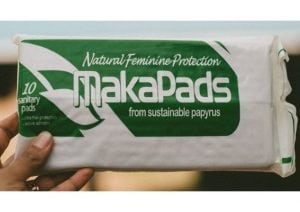
Agriculture
December 19, 2023
Implemented by
MakaPads
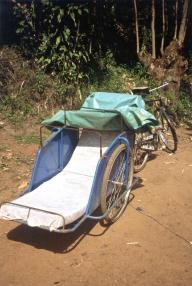
Agriculture
June 22, 2024
Implemented by
Bicycle Empowerment Network (BEN) Namibia
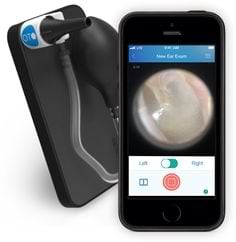
Agriculture
December 11, 2023
Implemented by
Cellscope
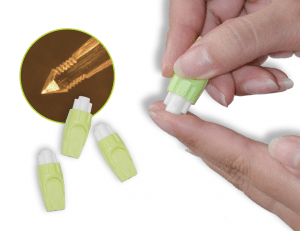
Agriculture
February 16, 2024
Implemented by
Lightnix
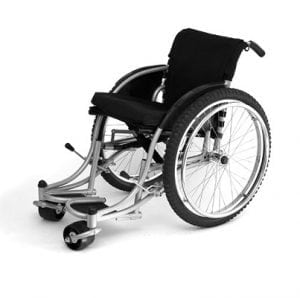
Agriculture
February 29, 2024
Implemented by
Whirlwind Wheelchair International
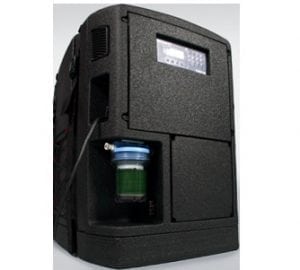
Agriculture
January 25, 2024
Implemented by
DEKA Research & Development
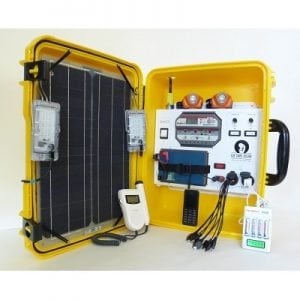
Agriculture
January 5, 2024
Implemented by
We Care Solar
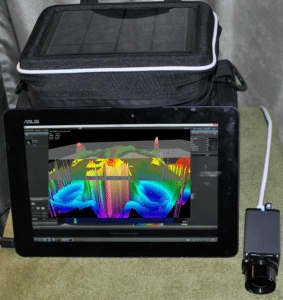
Agriculture
March 11, 2024
Implemented by
OrthoTrauma
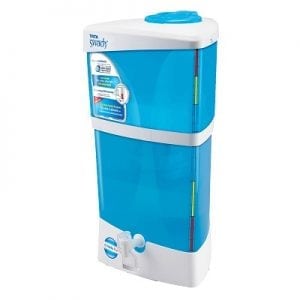
Agriculture
January 1, 2024
Implemented by
TATA Swach
Have thoughts on how we can improve?
Give Us Feedback
The main material is polyethylene, which is cheap, but has a short lifetime. It is only the fittings that are of PVC. A 40 m3 system provides enough gas to run a small engine for a few hours a day to generate electrcity, as long as there is sufficient feed material, usually cattle dung. The performance figures seem reasonable.
Not available yet?
Jeremy Schonhorn says:
A few more references
Hemocue References
Casey, Janet R., and Michael E. Pichichero. 2009. “A Comparison of 2 White Blood Cell Count Devices to Aid Judicious Antibiotic Prescribing.†Clinical Pediatrics 48 (3): 291–94.
Russcher, H., N. Van Deursen, and R. de Jonge. 2013. “Evaluation of the HemoCue WBC DIFF System for Point-of-Care Counting of Total and Differential White Cells in Pediatric Samples.†Ned Tijdschr Klin Chem. nvkc.nl. https://www.nvkc.nl/sites/d….
Lindberg, Stellan, Inger Jönsson, Magnus Nilsson, Elin Johnsson, and Tomas Jonasson-Bjäräng. 2014. “A Novel Technology for 5-Part Differentiation of Leukocytes Point-of-Care.†Point of Care 13 (2). journals.lww.com: 27.
Jeremy Schonhorn says:
The Hemocue WBC Diff system is a vetted technology to determine white blood cell count (neutrophils, lymphocytes, monocytes, eosinophils and basophils). Although the device is powered with batteries, they are increasingly accessible in remote locations and should not be considered a limitation to usability and portability.
The technology is accessible and ability to profile blood at the point of care from finger stick whole blood will enable physicians and health care providers to assess patient health (e.g. trauma, infection).
Two fields in the performance parameter table for this kind of products: “ICT technology platform” is not appropriate (Maximum current and Maximum power)
The firmware that Angaza provides should be in terms of quality of service. Two suggestion would be additional cost to products, bandwidth requirement and training/technical support.
Checking the ICT only field, the performance parameters make more sense for Angaza and Lumeter: User coverage, service needed, etc.